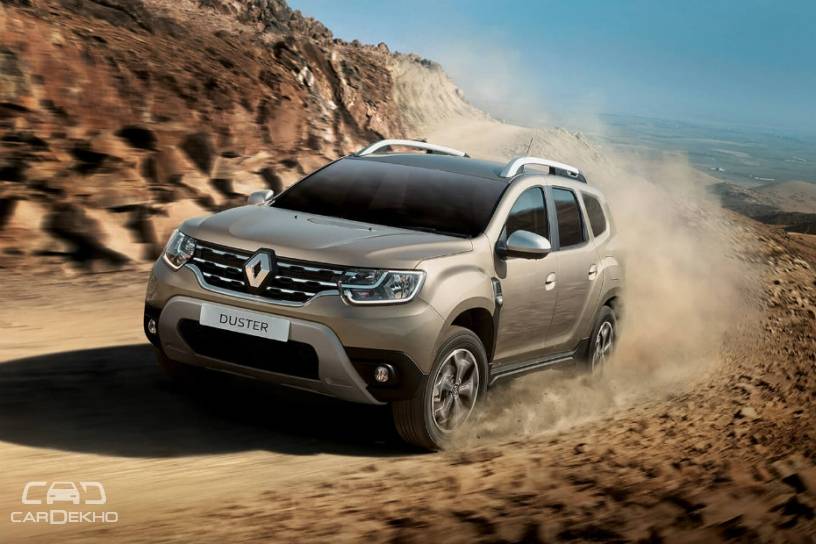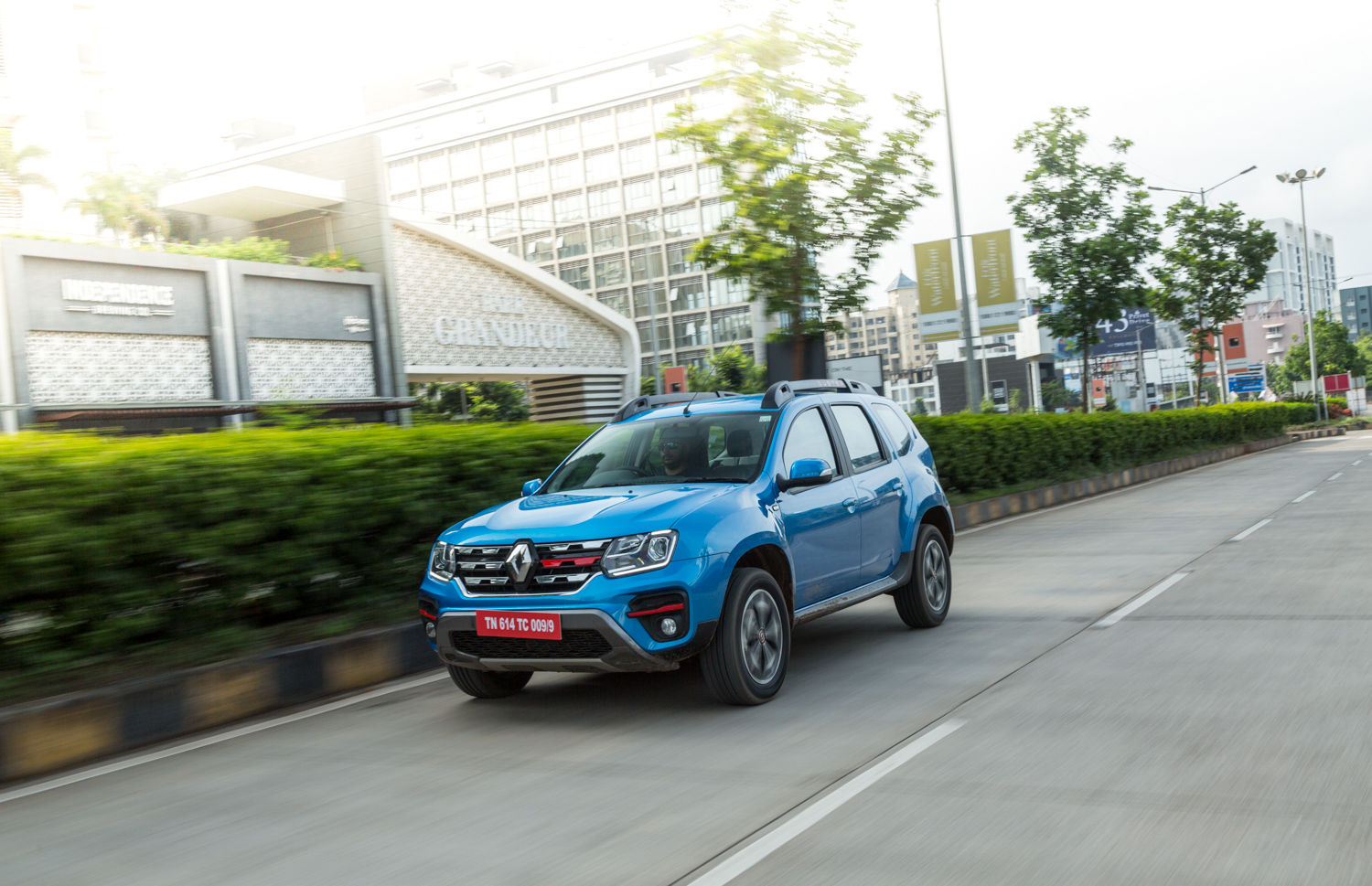Upcoming Renault Duster Gets New 1.3-litre Turbo Petrol Engine
Published On Oct 04, 2018 12:03 PM By Raunak
- Write a comment
The new direct-injection turbocharged petrol is available with up to 150PS, making the second-gen Duster the most powerful ever

The new Duster is the latest car to receive Renault’s 1.3-litre TCe turbo petrol engine that was first introduced in December 2017. The forced-induction turbo petrol engine is found under the bonnet of several compact to mid-size cars, including the latest Mercedes-Benz A-Class. The Duster, powered by the 1.3-litre engine, was showcased at the 2018 Paris Motor Show.

The 1.3-litre TCe engine has been developed by Group Renault along with Alliance partners (Renault-Nissan-Mitsubishi) and Daimler, the owner of Mercedes-Benz. In the second-gen Duster, it is available in two states of tune: 130PS and 150PS. The 1.3-litre engine will gradually replace Renault’s old 1.2-litre turbo petrol, which never made it to India.
| 1.3-litre TCe Petrol |
130 GPF |
150 GPF |
| Power |
130PS @ 5000rpm |
150PS @ 5250rpm |
| Torque |
240Nm @ 1500rpm |
250Nm @ 1600rpm |
| Drivetrain |
4x2 and 4x4 (mid-2019) |
4x2 and 4x4 (mid-2019) |
Like the Euro-spec Captur, the new Duster powered by the 1.3-litre engine will be available with a manual as well as a dual-clutch automatic transmission. The 1.3-litre TCe will join Renault’s updated 1.5-litre Blue dCi diesel engine in Europe. The 1.5-litre Blue dCi K9K diesel is more powerful and cleaner than before, and both the petrol and diesel engine conform with Euro 6d-TEMP emission norms, which are stricter than even the upcoming BSVI norms for tailpipe emissions.

The second-gen Duster should be launched in India next year, but the new downsized petrol engine is unlikely to be offered here. We expect it to get the current 1.5-litre naturally-aspirated petrol engine (106PS/142Nm) which powers the Renault Captur in India.
That said, Renault is likely to introduce the new turbo petrol engine post the implementation of BSVI emission norms in April 2020, when it plans to phase out the existing petrol engine. The updated Blue dCi K9K diesel engine is also likely to be introduced around the same time.
Apart from being more powerful and torquey than the bigger petrol engine, turbo-petrol engines are also more fuel efficient and cleaner. Upcoming compact SUVs like the VW T-Cross and Skoda’s made-in-India SUV will be powered by a 1.0-litre turbo petrol engine (up to 128PS/200Nm).
Read More on : Duster AMT















